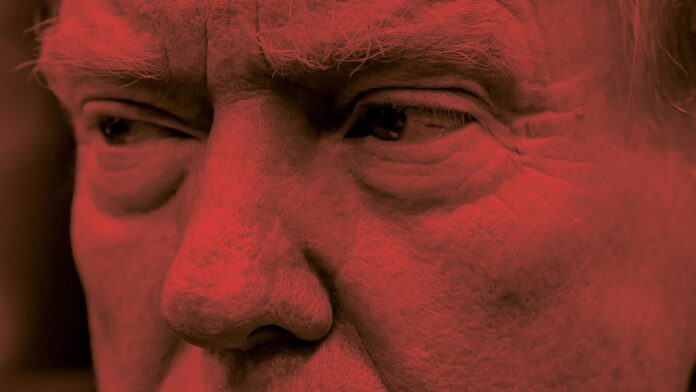Key Falsehoods or Claims:
In the article “Trump Admits He’s Wildly Exaggerating Benefits of U.K. Trade Deal” by The New Republic, the main falsehood identified is that President Trump is exaggerating the benefits of a potential trade deal with the United Kingdom. The article discusses how Trump has made grandiose claims about the potential economic gains from a trade deal with the U.K., despite the fact that negotiations have not yet commenced and any deal is unlikely to have a significant impact on the U.S. economy.
Source Bias:
The New Republic is known for its progressive and liberal perspective, so it can be considered a biased outlet. However, the article is supported by evidence and analysis to back up its claims.
Analysis of Falsehoods:
The article suggests that Trump’s exaggerations about the U.K. trade deal have the potential to shape public opinion in a misleading way. By overstating the potential benefits of the deal, Trump may be attempting to create a positive narrative around his administration’s trade policies, despite the lack of concrete evidence to support his claims. This could potentially influence voter perception of his economic leadership, impacting their opinions in the upcoming election.
Threat to Democracy:
The article raises concerns about the impact of Trump’s falsehoods on the democratic process. By spreading exaggerated claims about trade deals and economic benefits, Trump may be misleading the public and manipulating their opinions for political gain. This erodes trust in the democratic system by promoting misinformation and shaping public opinion through deception rather than facts.
Hypothetical Public Reactions:
Hypothetically, Trump’s exaggerations about the U.K. trade deal could lead to increased support from voters who believe his claims without questioning their validity. It could also contribute to a narrative of economic success for his administration, potentially swaying undecided voters based on false information.
Further Reading:
For further reading on the topic of media influence and misinformation, reputable sources such as The Guardian, BBC News, and The New York Times can provide in-depth analysis of how false claims and conspiracy theories impact public opinion and democracy. Additionally, academic studies on misinformation and political communication can offer valuable insights into the broader implications of Trump’s falsehoods.
Source link
Redirect URL
